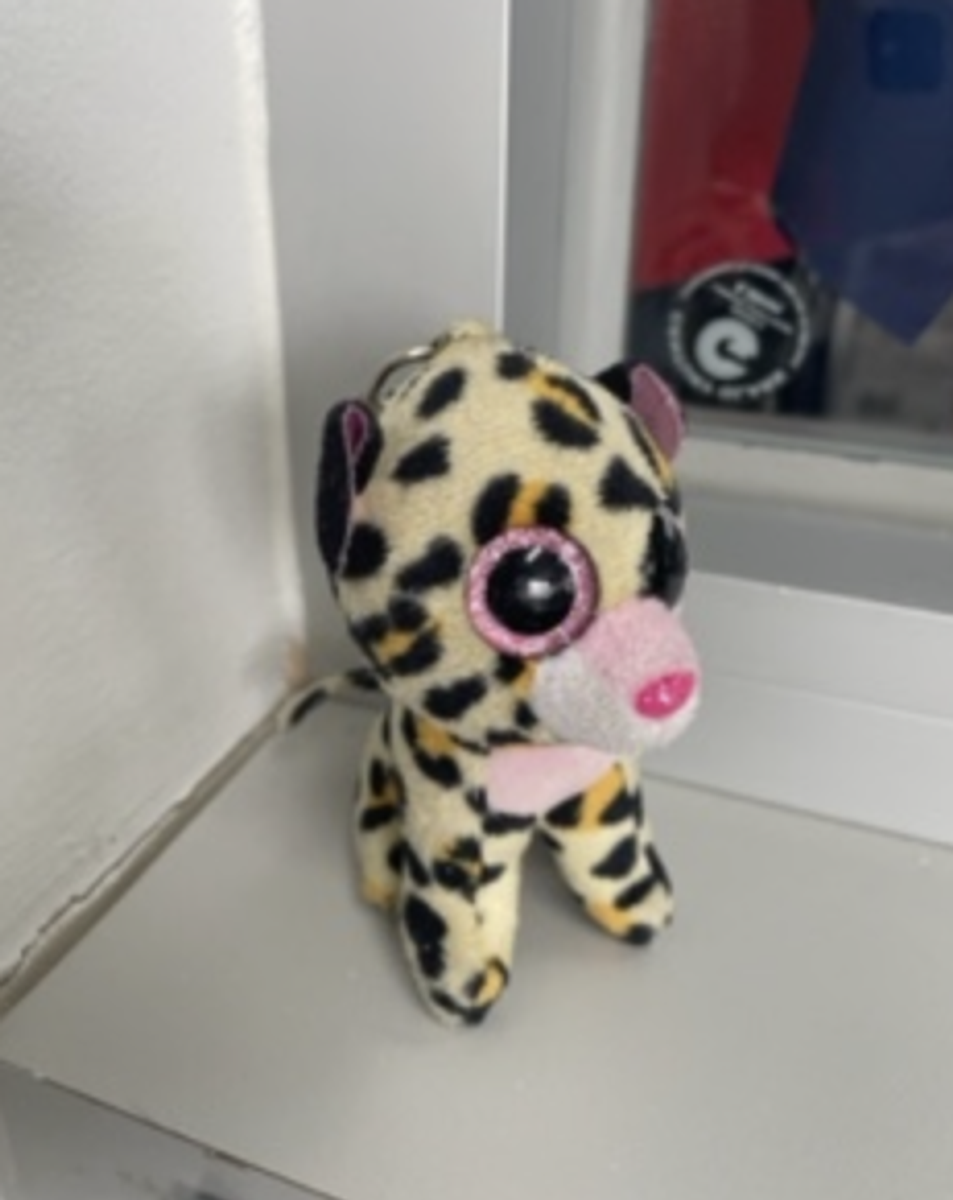Latest news

Principal’s Report
A special welcome to the new students and families who have joined our community this term. We are happy you chose our school! The year has certainly flown by, yet it has continued to be challenging as we have readjusted our expectations and adjust to the reality that Covid has not gone away but is something we are learning to live with. We were not prepared for the fact that all our natural immunity has disappeared and that everyone was starting again to build their resilience to all the typical bugs, viruses and infections that are normal when working with children in schools. As a community this has impacted on us all.
Despite all the challenges that we have faced as a community, the Moreland Family has responded to this year with a positive mindset and enthusiasm; making each other proud in the way they have risen to the challenge of a learning curriculum that was severely disrupted by previous years of closures and illness. The school has got the magic back and the buzz of the children and families has been inspiring.
Today is World Teacher’s Day:
World Teachers’ Day is an opportune time to acknowledge the enormous contributions of our wonderful teachers! A teacher’s work is very complex these days and there is much expected of them. They are asked to deal with enormous changes in curriculum content, teaching approaches, reporting systems, student wellbeing issues and so much more.
Teachers at Moreland do more than just teach content. They nurture, guide, encourage, help, motivate, inspire, provide and care for our students. Our teachers are also willing to take on new initiatives to make school more engaging and prepare our children for the ever changing society we live in. They truly work extremely hard to make a positive difference in the lives of our students!
At Moreland, we are able to offer many extra curricula programs and activities for our students because of the goodwill of our teaching staff and their willingness to give freely of their own time. On behalf of the Moreland PS community and children, I want to acknowledge the wonderful work and the amazing dedication our staff have all shown throughout the year.
We have our grade 5/6 students off to Waratah Beach camp in less than 2 weeks, our grade 1 children are off to Victoria Market (I’ll have to try and resist their hot jam donuts), grade 2 children are off to Merri Creek, the 3/4 children will be involved in a ‘Mind and Body’ incursion and the foundation students are off to the zoo later in the term. Lots of fun learning and adventures planned for our children.
What’s happening in term 4?
Term 4 is an interesting one as it is a time of reflection on the current year and a time of preparation for the next school year. For the grade 6s, it is the last term they will spend in primary school. It is a time of mixed emotions, excitement and nervousness about starting the next chapter of their education journey and transitioning to secondary school. The grade 5s are preparing to step up and become the next leaders of the school. It is exciting to see the growth the Prep-Year 4s have shown over the last three terms.
Live Podcasts- ‘The Imperfects:’
As a growing community more people are listening in to podcasts. A recommended podcast that has been found to be valuable as parents and as educator is called ‘The Imperfects’ which is hosted by The Resilience Project founder, Hugh Van Cuylenburg. This is ideal for those parents who are looking for a new podcast, to listen to (but away from children as there is some occasional coarse language used).
Recently, there was an episode with Martin Heppell who spoke passionately about the greatest challenge for parents (and teachers) in allowing children to fail and not rescuing them. The moment that resonated most strongly with me, is our challenge as educators and parents, to identify when they do ‘fail’ and teach children the skills to work through their adversity, and build their resilience.
Maria Giordano
Principal
I’ve included a reference from Lifeskills I thought you may find interesting to read:
Ways to reduce Anxiety in Children
Anxiety in children is normal, just as it is in adults. Our bodies and minds are constantly stimulated, and just like an adult facing a massive workload, children can become overwhelmed by the world and its ways. Fairly so, considering they haven’t had the chance to experience the ups and downs of life just yet.
In some cases, there is a need to address more serious conditions such as General Anxiety Disorder, Asperger’s Syndrome or Autism, however in most cases, it's simply a matter of teaching kids how to manage their own anxiety. This can be successfully accomplished through teaching social emotional skills.
So, what are the main factors that cause stress amongst children? Outlined below are the most common stress factors in terms of age groups.
▪ Babies become stressed about loud noises, unfamiliar places, incommunicable discomfort, heights, strangers and parental separation.
▪ Pre-schoolers face separation anxiety from their parents, fear of the darkness, as well as frustration due to the inability to communicate, at a time when they are starting to develop their social skills.
▪ Primary-aged children can develop social anxiety early on. Disappointment, the fear of getting in trouble and physical threats are also common stress factors for this age group.
▪ Teenagers arguably experience the highest level of anxiety, considering the multiple changes in their lives; including puberty, identity, sexuality, school workload and the ever-daunting prospect of their futures.
Validate their anxiety: Although it may not be the end of the world to you, a child might feel differently when ill-equipped or lacking sufficient experience to cope with a stressful scenario. Dismissing their anxieties can be extremely harmful, as it may cause a sense of shame, and discourage them from sharing these feelings with you in the future. Ensure your child is aware of your support, and to make sure they have a clear plan to resolve similar instances in the future.
Strive to be a good role model: Educators and parents tend to avoid allowing kids to see them in an unhappy or stressed state out of fear that it will project those negative feelings upon them, however when that same child starts to develop similar emotions throughout their development, they will never have seen an example of helpful coping mechanisms. This can lead to a belief that they are unable to be resilient. To avoid this happening, make it known to your children or students when and how you deal with anxiety, not only so that they can learn from your wisdom, but also to encourage mutual consideration amongst emotional sensitivity.
Encourage them to get out of their comfort zone:Discomfort is an inevitable part of life. One of the best things you can do to prepare your child for the real world is to encourage them to try new things, even if they induce slight anxiety. Of course, we are not saying to force them into traumatic situations, but rather a chance for them to learn something unfamiliar to them. Words of encouragement can go a long way in a new, and possibly scary environment. This teaches kids to persevere and build their own stress management skills.
Baby Steps: Take one step at a time.
Praise the child:Everyone needs positive reinforcement, even adults. Positive reinforcement results in changes in brain chemistry, which can affect long-term behaviours positively. By allowing a child to see that overcoming fear and anxiety is a success and that is deserves celebration, it will build their skills in the management of anxiety in future. By offering encouragement, you will positively be shaping their future in the right direction.
Try to avoid using labels: Anxiety can be difficult and debilitating, but labelling a child according to any given condition can be dangerous. It can lead to your child believing that they are their condition, which can inhibit or slow their recovery. Your child is "overcoming anxiety", "managing anxiety" or, in serious cases, "living with anxiety" (as opposed to suffering, which has negative connotations). Your child should not be anchored by something they didn’t ask for but is something they can learn skills to cope with and sometimes avoid.
Ref: Lifeskillsgroup.com.au
Lost Property
If you own any of the items below can you please come and collect them from the office next week.





